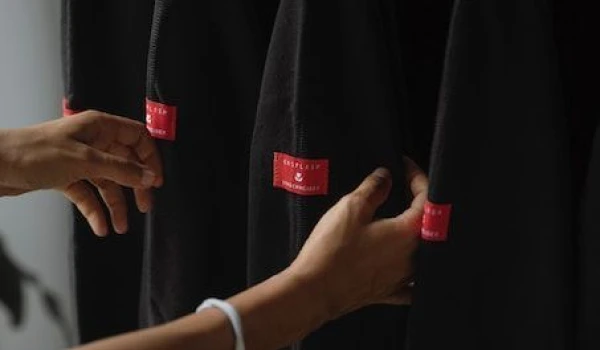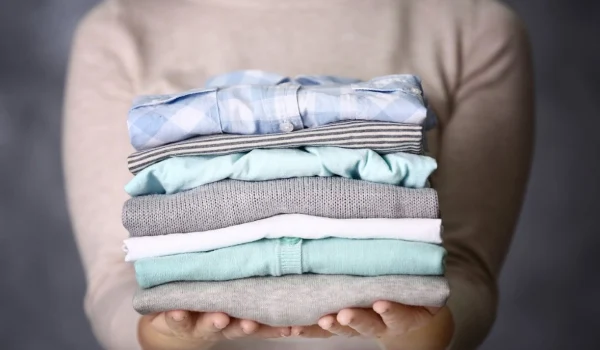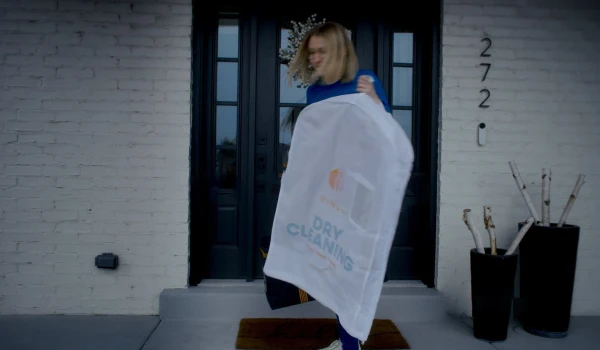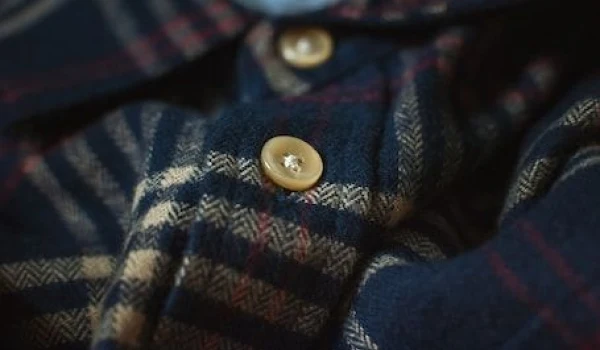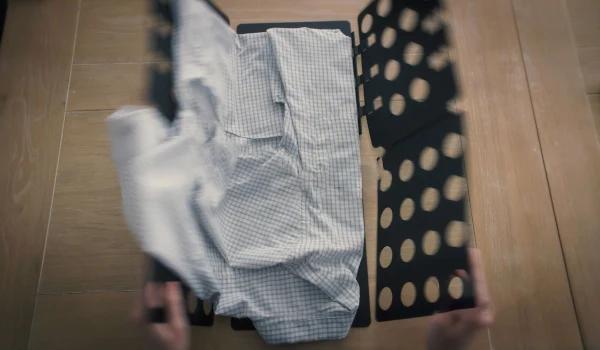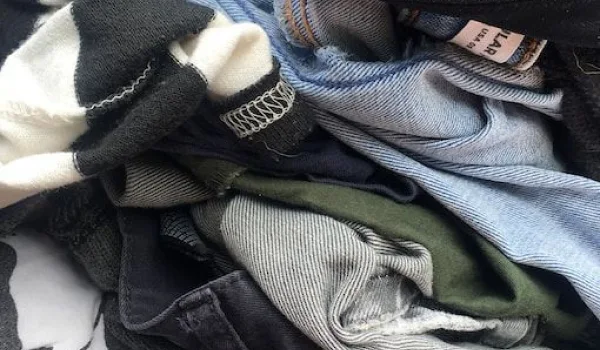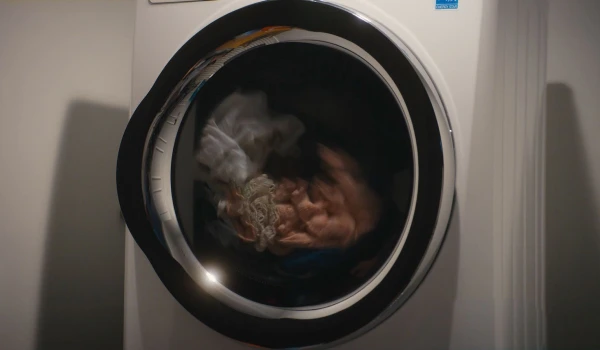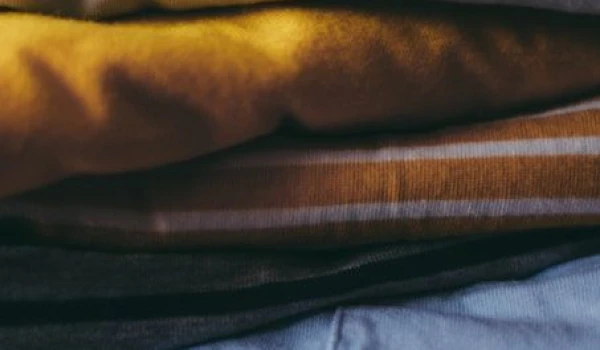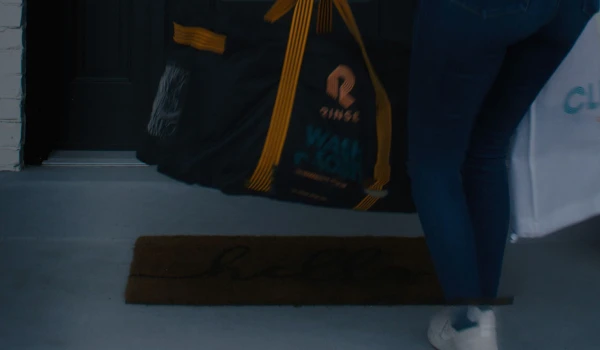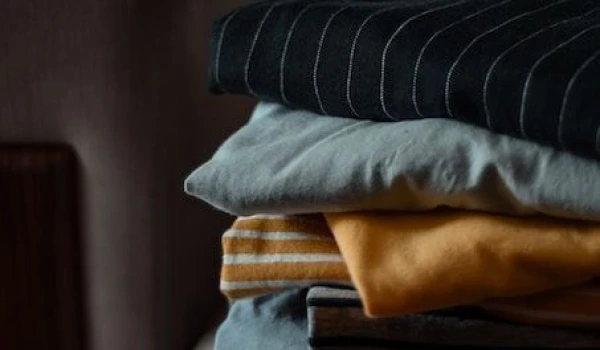Introduction
There's no denying that a commercial laundry detergent is more convenient and readily available, but you also have to account for its environmental impact and cost.
On the other hand, baking soda and white vinegar are everyday household items you can simply pull out from your pantry and add to the washer. Why add vinegar to laundry, though? For one, it removes stains effectively. Second, it removes odor, mold, and mildew.
What about baking soda? It's a deodorizer, which means it absorbs and neutralizes unpleasant smells. Knowing this, it is unsurprising that combining baking soda and vinegar creates an effective laundry solution.
How to Use Baking Soda in Laundry
Baking soda is a staple that you can use for anything from cooking to cleaning. You can even use it to clean kitchen grease and scum in bathroom drains.
Let's stick to laundry for now. Here are some reasons to add baking soda to your front loader.
-
Softening Fabrics: We know a fabric softener freshens and softens clothes. But what about the chemicals? They can irritate your skin and harm marine life. Baking soda is a much gentler alternative. It increases the pH of water and helps your clothes rinse better. All you need to do is add half a cup to your load.
-
Removing Odors: If your carpets undergo a pet accident or a nasty spill, most experts would advise you to use baking soda to get rid of the stain. The same applies to other smelly fabrics, too. Baking soda helps remove odors like those from perspiration and smoke, leaving your clothes smelling fresh. Fill a bucket with hot water and add a cup of baking soda to it. Soak your clothes overnight in this mixture. Run a regular laundry cycle the next day.
-
Complementing Bleach: If you want crisp and clean whites, chlorine bleach is the way to go. We've got another pro tip: add a cup of baking soda to the mix. It will improve the bleach's efficiency and potency.
-
Deodorize Towels: Have you ever noticed a stale smell in your towels? Baking soda can fix this issue. Add 3 to 4 tablespoons of baking soda to a sink full of water. Soak your towels for at least 20 minutes, and then wash as usual.

How to Use Vinegar in Laundry
When it comes to laundry hacks, you'll see distilled white vinegar in pretty much every list, and rightfully so. If you're looking for the right formulation, most experts would recommend one with 5% acidity. Here's how you can add vinegar to laundry.
-
Odor Removal: Sometimes, your fresh laundry doesn't smell too fresh. You might have to rewash those clothes. One way to avoid this situation is to add half a cup of vinegar to the load you want to freshen up.
-
Stain Removal: You can remove tough stains by applying vinegar to them directly. Mix a tablespoon of laundry detergent and a tablespoon of vinegar, and apply the mixture to the stain. Let it sit for about 30 minutes before washing as usual. Use this for sweat stains, and thank us later.
-
Color Restoring: If your clothes seem to be losing their vibrant colors, try adding a quarter cup of vinegar to your laundry. It can help restore the brightness and make them look new again.
-
Fabric Softening: Like baking soda, vinegar is also a handy alternative to commercial fabric softeners. Add a quarter to half a cup of distilled white vinegar in the final rinse. Your clothes will come out feeling soft and fluffy.
-
Washing Machine Clean: A clean washing machine is mandatory for fresh laundry. But most people overlook this step. All you have to do is run a hot cycle with two cups of vinegar in the washing machine. Viola! A cleaning washing machine that doesn't make your clothes smell funky.
Using Vinegar and Baking Soda Together
Sometimes, you need to double the cleaning power to tackle stubborn stains. Baking soda and vinegar work quite well together, so this shouldn't be a problem. Here's how to do it.
-
Pre-treat your clothes with a stain remover of your choice.
-
Add the load to the washing machine.
-
Put a cup of baking soda into the washer's drum.
-
Add the laundry detergent in its respective compartment.
-
Pour half a cup of vinegar into the fabric softener compartment. If you have a front loader, it would most likely have the mechanism by which liquids are released in the drum based on the cycle.
-
Alternatively, add vinegar later in the rinse cycle.
-
Start the washing machine and let it run as usual.

Vinegar and Baking Soda Risks
Sure enough, both baking soda and vinegar can work in tandem with your sustainable laundry routine. However, you have to realize that even these natural products come with their risks.
Risks of Vinegar for Laundry
We must first remember that vinegar has a low pH (2 to 3), making it very acidic. Acids don't react well with some materials. For example, vinegar can damage rubber and metal parts, such as the rubber gasket, in your washing machine over time. It may lead to rusting and cracking, sometimes beyond repair.
In addition, the acidity can weaken certain fibers in rayon, nylon, linen, and cotton clothes. Some clothes also use pH-sensitive dyes, which may bleed if vinegar is used.
Earlier, we said you should add vinegar in a separate compartment rather than add it with the detergent. That's because some detergents are alkaline. When you add baking soda or vinegar to an alkaline detergent, they can neutralize each other. As a result, the cleaning efficiency decreases.
Another thing you need to keep in mind is the efficacy of the vinegar brand. Most store-bought vinegars are water-based. That means you will have to use more of it to get the job done. If you want to use vinegar regularly, you better buy it in bulk or go for a cleaning vinegar that has greater acidity.
Risks of Baking Soda for Laundry
Unlike vinegar, baking soda is alkaline, and its chemical name is sodium bicarbonate. It has a high pH of 9. At such high alkalinity, certain fibers like cashmere, silk, and wool lose their color. Similarly, all protein-based fibers are sensitive to alkaline substances.
Like white vinegar, baking soda can fade clothes with pH-sensitive dyes. It's best to check the manufacturer's instructions before using it on your clothes.
If your house gets hard water, baking soda can leave a residue on clothes. The minerals in hard water react with baking soda to form a white residue. Besides depositing on your clothes, the residue may also clog the washing machine filter.
A combination of hard water and baking soda is also detrimental to elastane and nylon fibers. The added stress can break down the fibers, making them less elastic over time.
Moreover, baking soda's effectiveness is questionable when it comes to heavily soiled clothes. It may not be able to remove tough stains like grease and oil without the help of a detergent.
Speaking of a detergent, don't use it alongside baking soda, as the latter can reduce the former's efficiency in cleaning low-pH-sensitive stains, such as wine, tea, and coffee.

Try Rinse
After reading the risks we mentioned above, you must be wondering, "What should I use then?". Well, we have just the solution for you — Rinse.
As a professional laundry and dry cleaning service, Rinse specializes in fabrics and everything associated with their care. Whether it's okay to use a certain natural cleaner or which fabrics should be washed separately, we know it all.
We deal with even the toughest stains, restoring your favorite clothes to their former glory. Our team understands the nuances of fabric care and uses the right techniques and products for your laundry.
Ready for the best part? We pick up and deliver clothes from and to your doorstep.
Contact us at Rinse today to see our skill in action.

Have laundry or dry cleaning to do?
Rinse picks up, cleans and delivers 7 days a week. Amazingly awesome. Ridiculously simple.


